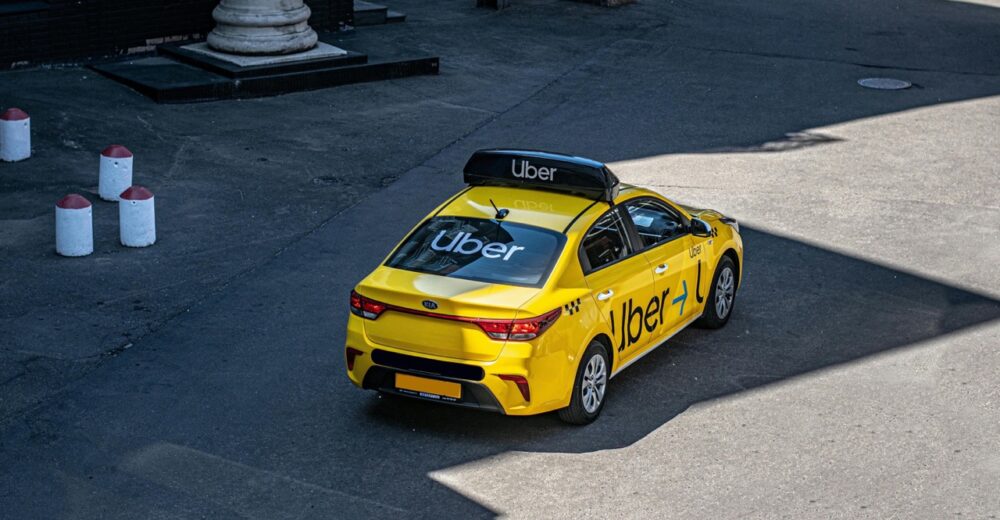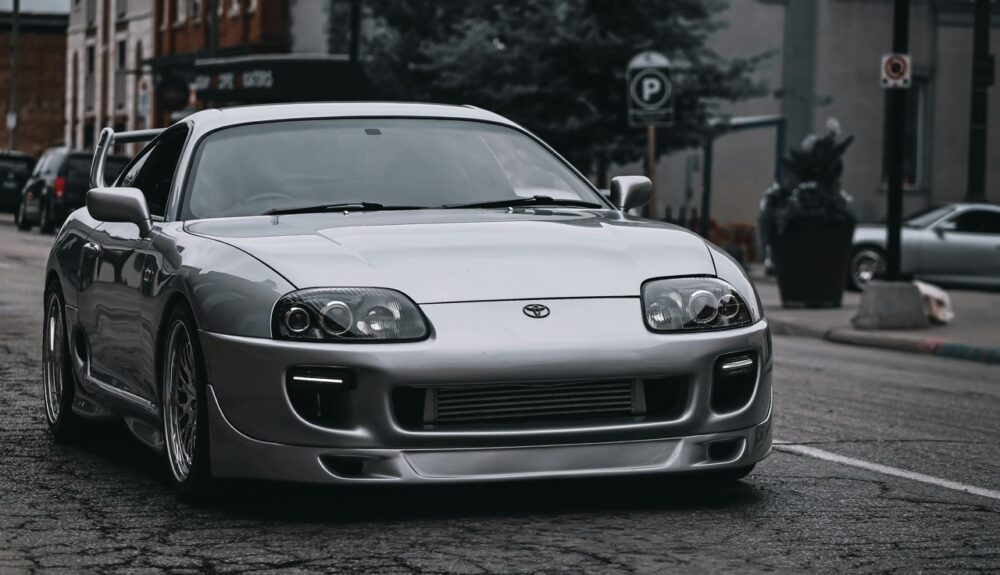From the moment you drive off the lot, your SUV starts losing value. It’s a harsh reality of car ownership, depreciation happens fast.
In South Africa, most new vehicles typically lose 15 – 25% of their value in the first year. By the fourth year, that figure can climb as high as 50 – 60%.
And electric vehicles top the list for fastest depreciation. Most EVs entering the South African market are high-end models priced in the millions, which limits their resale market and accelerates value loss.
Luxury SUVs face a similar challenge. Their high purchase prices, limited buyer pool, and expensive upkeep make them more vulnerable to depreciation.
Still, there are ways to reduce the impact, or even recover some of the loss over time.
Table of content
What is depreciation
Depreciation is the gradual drop in a vehicle’s value after you buy it. It’s influenced by different factors like, age, mileage, wear and tear, brand reputation, and market demand.
Most cars lose value the fastest in their first five years. After that, the rate of depreciation slows down.
In rare cases, like with classic or collector cars, values can hold steady or even rise, usually because of scarcity, cultural appeal, or both.
Why some SUVs lose value faster
Luxury and full-size SUVs face several issues in the South African market:
- High initial cost means there’s more money to lose.
- Weak brand reputation or poor after-sales support leads to higher depreciation.
- High mileage reduces the vehicle appeal.
- Low second-hand demand for niche vehicles and electric cars leads to a higher depreciation.
- Expensive maintenance and parts discourage buyers and lead to higher depreciation.
- Recent model updates make older ones feel dated.
- Market demand trends.
While you can’t avoid depreciation, you can manage it. Choosing vehicles that hold their value better, and knowing how to slow down depreciation on your own car, can save you a lot of money over time.
Top 7 SUVs with the highest depreciation in South Africa | 2025
Here’s a closer look at 7 SUVs that carry elevated depreciation risk, and what to watch out for.
Maserati Levante
The Levante loses more than 70% of its value after two years and almost 80% after five.
In South Africa, new models can cost up to R3.9 million, meaning you could lose over R1 million within just the first few years of ownership.
Limited supply and ultra-high pricing make this a risky choice if resale value matters to you.
BMW X3

According to Autotrader, one of South Africa’s leading car marketplaces, the BMW X3 loses about 22% of its value in the first year and roughly 52% after five.
While BMW’s brand strength keeps demand steady early on, depreciation accelerates once the warranty expires.
High maintenance costs and specialised servicing requirements make older X3 models less appealing to second-hand buyers.
Infiniti QX80

The Infiniti QX80 can lose up to 70% of its value within five years.
For example, a 2024 model with 15,000 km sells for around R1.2 million, while a new one retails for about R1.8 million, nearly a 40% drop in just one year.
The brand’s limited presence and support network in South Africa make resale difficult.
Jaguar I-Pace (electric SUV)

A 2019 Jaguar I-Pace currently sells for about R623,900, while a 2024 model retailed for R1.92 million, that’s over 70% depreciation in five years.
This mirrors the trend across South Africa’s EV market: limited infrastructure and small buyer demand make electric SUVs depreciate sharply.
Audi Q7

The Audi Q7 is well-regarded for comfort and build quality, but it suffers from the classic “large luxury SUV” problem: high price, limited resale audience.
In 2025, some trims list for nearly R2 million, yet 2020 models typically sell for between R800,000 and R900,000.
Depreciation here reflects the gap between initial prestige and long-term practicality.
Nissan Juke

The Nissan Juke may not be a luxury SUV, but it’s a good example of how market changes can hurt resale value.
When production stopped, support and parts availability dropped too, and resale prices fell by 50 – 60% in five years.
Even small, affordable SUVs aren’t immune when after-sales support weakens.
Land Rover Range Rover

The latest Range Rover still commands a premium, with versions like the P530 First Edition listing at over R4.2 million.
However, the second-hand buyer pool for ultra-luxury SUVs is small, and running costs, tires, fuel, servicing, insurance, are steep.
That combination makes depreciation almost inevitable, even for this iconic brand.
What this means for South African car owners
If you own one of these SUVs, depreciation is something you can’t ignore, but it’s not all bad news. With a bit of awareness and strategy, you can manage it smartly and even soften the impact of depreciation.
Here’s how:
- Know your numbers: Understand how fast your model depreciates so you don’t overpay upfront.
- Buy smart: Look for SUVs that are four to five years old, the largest depreciation has already happened by then.
- Use it wisely: If your SUV spends more time parked than driven, consider ways to monetise it, such as car-sharing platforms like Tarlen Carshare.
- Time your sale: Keep an eye on model refresh cycles and sell before a major redesign hits the market.
- Maintain value: Stay on top of services, keep detailed maintenance records, and limit mileage. Clean cars with solid documentation always sell faster, and for more.
Depreciation is part of ownership, but smart decisions can turn it from a loss into an advantage.
Turn depreciation into profit with Tarlen Carshare
Instead of letting your SUV’s become a liability, you can make it work for you.
Tarlen Carshare lets you rent out your vehicle to generate extra income to offset your depreciation cost.
Here’s how Tarlen works:
- List your vehicle on Tarlen’s platform.
- Set your availability and price.
- Get a booking and arrange pickup.
- Earn without needing to do a lot of work.
For example: If your SUV loses R500,000 in value over three years (around R166,000 per year), renting it out half of the time and earning R14,000 a month could nearly balance that loss.
Want more stories like this? Check out:








